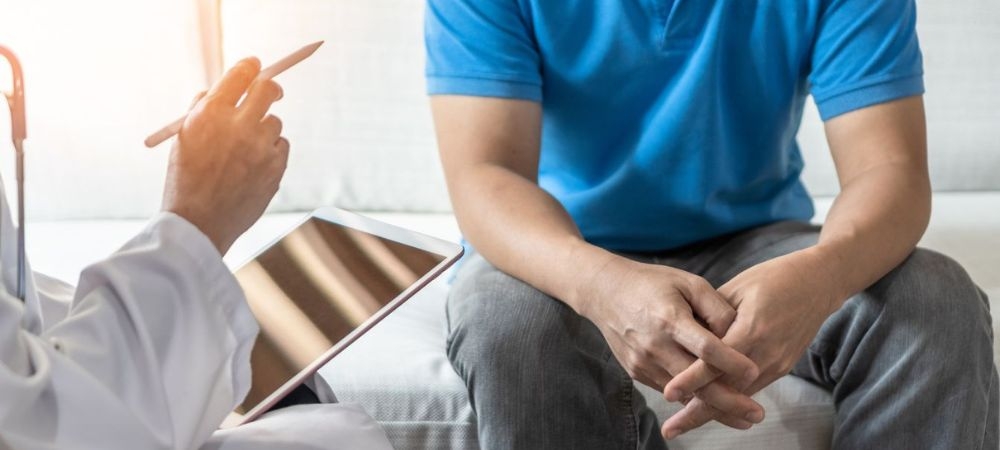

Hey there! Let's talk about the importance of colonoscopies in preventive care. Colonoscopies are a crucial tool in catching and preventing colorectal cancer, which is one of the leading causes of cancer-related deaths. extra information accessible view this. Without regular screenings, this sneaky disease can go undetected and spread without you even knowing it.
By having a colonoscopy, doctors can detect any abnormalities or polyps in your colon early on, allowing for prompt treatment and potentially saving your life. It may not be the most pleasant experience, but the benefits far outweigh any discomfort you may feel during the procedure.
So next time you're due for a colonoscopy, don't put it off - your health is too important to neglect. Get screened regularly and stay on top of your preventive care to ensure a healthy future. Trust me, it's worth it in the long run!
Getting a colonoscopy ain't that bad, ya know? There are actually some pretty good benefits to gettin' one done. First off, it can help catch any potential problems early on before they become serious issues. Ain't nobody wanna deal with cancer or other diseases if they can be prevented, right?
Secondly, havin' a colonoscopy can give ya peace of mind. Knowin' that everything is lookin' good down there can help alleviate any worries or anxieties ya may have had about your health.
And lastly, gettin' a colonoscopy can improve your overall well-being. If there's any polyps or abnormalities found during the procedure, they can be removed right then and there, preventin' them from turnin' into somethin' worse later on.
So next time ya think about skippin' out on gettin' a colonoscopy, remember all the benefits that come along with it. It ain't as bad as ya might think and it could end up savin' your life in the long run.
When talkin' 'bout preventive care, one important thing to consider is the role in early detection and treatment of diseases.. Preventive care helps catch any potential health issues before they become serious problems, which can save money and improve overall well-being.
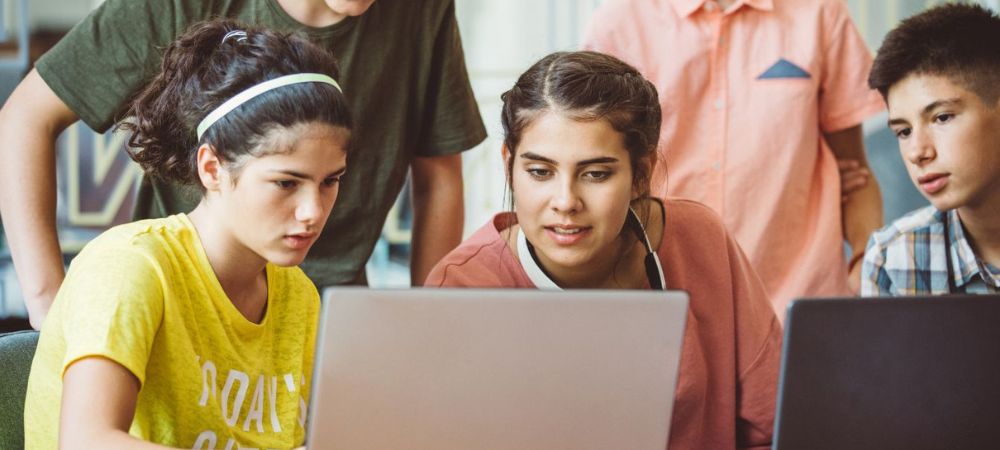
Posted by on 2024-05-26
Establishing a relationship with a primary care provider is so important for getting regular preventive care.. Having a doctor who knows your medical history and can track any changes in your health over time can help catch potential problems early.

Posted by on 2024-05-26
Preventive care includes regular check-ups, screenings, and vaccinations that help keep you healthy and catch any potential issues early on.. The cost-saving benefits of preventive care are huge compared to treating illnesses later on.
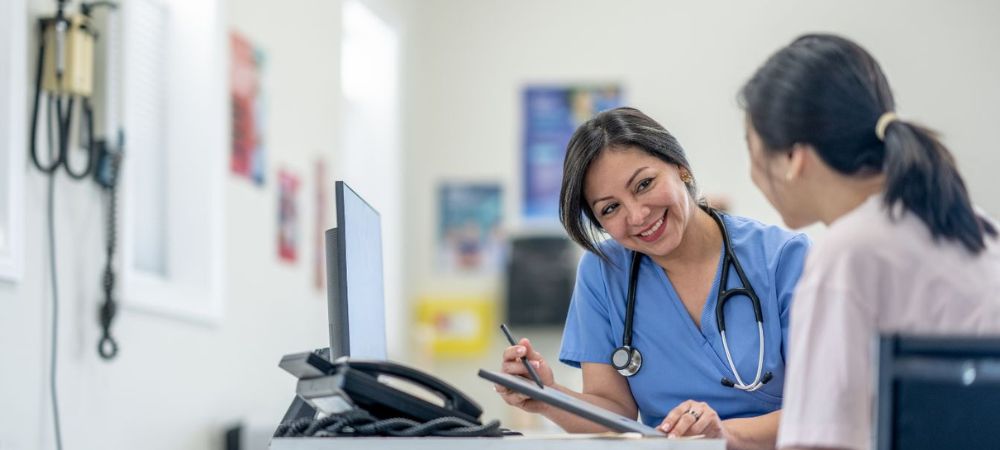
Posted by on 2024-05-26
So, like, who shouldn't consider getting a colonoscopy? Well, basically everyone over the age of 50 should definitely think about getting one. It's super important for catching any potential issues early on. And even if you don't have any symptoms or family history of colon problems, it's still a good idea to get checked out. I mean, better safe than sorry, right? Plus, it's not as bad as people make it out to be. The prep might be a bit unpleasant but the actual procedure is quick and painless. So yeah, don't knock it 'til you try it!
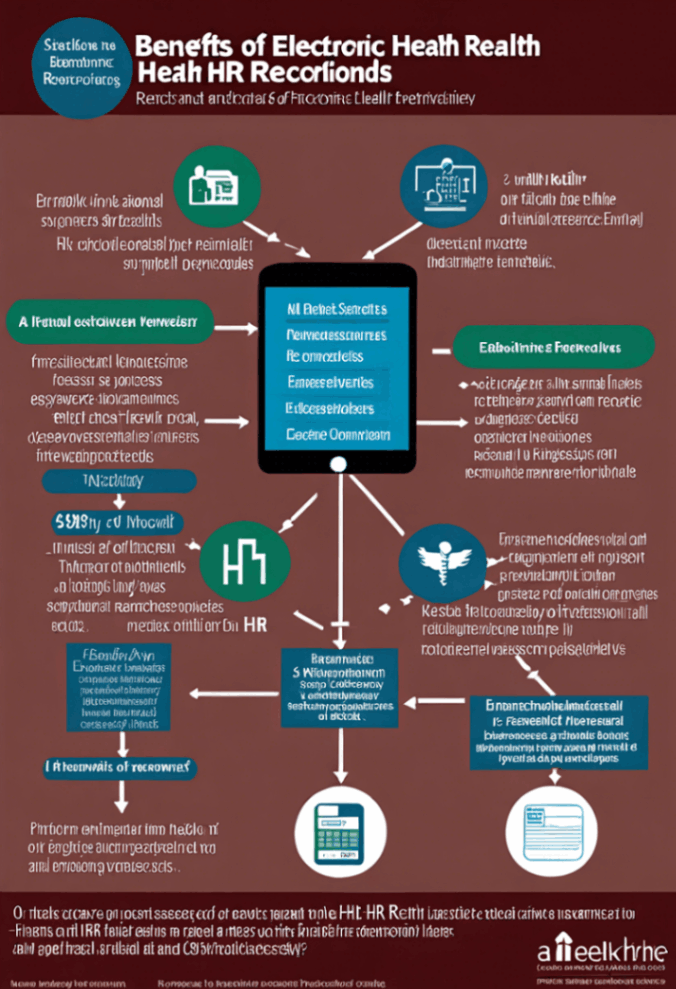

So, like, ya know, colonoscopies are like super important for making sure everything is cool in your digestive system and stuff. Like, you definitely don't wanna skip out on getting one when you're of age and all that jazz.
As far as how often you should have a colonoscopy, it really depends on your personal health history and risk factors. But generally speaking, most peeps should get one every 10 years starting at age 50 unless the doc says otherwise.
But hey, if you got a family history of colon cancer or other issues going on down there, then you might need to get checked more frequently. It's better to be safe than sorry, right?
And let me tell ya, even though getting a colonoscopy ain't exactly fun (I mean, who likes drinking that nasty prep liquid?), it's totally worth it for catching any potential problems early on. So don't ignore your doc's advice - schedule that colonoscopy and keep your gut healthy!
So, you're having a colonoscopy coming up and you're probably feeling a bit nervous, right? Don't worry, it's completely normal to feel that way! But the good news is that there are some things you can do to prepare for it and make the whole process a lot smoother.
First off, make sure to follow your doctor's instructions carefully. This may involve avoiding certain foods and drinks in the days leading up to your colonoscopy. It's important not to neglect these guidelines because they help ensure that your colon is clean and ready for the procedure.
You'll also need to take a laxative or have an enema to help clear out your bowels. Yeah, I know it doesn't sound like the most fun thing in the world, but trust me, it's necessary for a successful colonoscopy. Just keep reminding yourself that it's all part of taking care of your health.
On the day of the procedure, make sure you have someone available to drive you home afterwards. You may feel a bit groggy from the sedation used during the colonoscopy, so it's best not to drive yourself.
Overall, just remember that having a colonoscopy is an important step in taking care of your health. It may not be the most pleasant experience, but it's worth it in the long run. So hang in there and know that you're doing something good for yourself by getting this done!
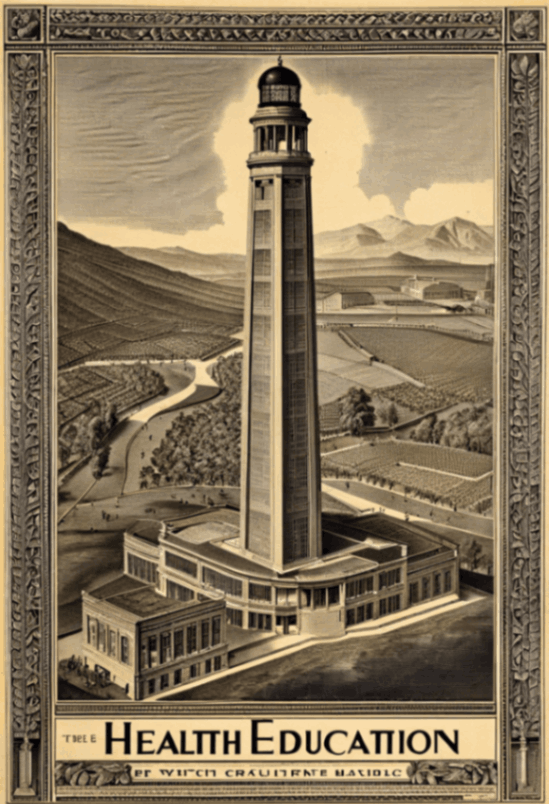

Alright, so when you go in for a colonoscopy, there's a few things you can expect during the procedure. First off, you ain't gonna be able to eat or drink nothin' for about 24 hours before the test. And let me tell ya, that prep stuff they give ya to clean out your bowels? It ain't exactly a walk in the park.
Once you're all prepped and ready to go, they'll have ya lay on your side while they insert a long, flexible tube into your rectum and up into your colon. Now, I ain't gonna lie, it can be a bit uncomfortable and maybe even painful at times. But don't worry, they'll give ya some sedation to help with any discomfort.
During the procedure, the doctor will be lookin' for any abnormalities or signs of disease in your colon. They might take some tissue samples or remove any polyps they find. But hey, it's all for your own good – early detection of any issues can save lives!
Once it's all said and done, you'll probably feel a little groggy from the sedation. But don't worry – just take it easy and rest up for the rest of the day. And remember – it's better to get checked out than ignore potential problems down the road!
So, after you've had your colonoscopy, it's important to make sure you don't skip out on follow-up care. I know, I know, no one really wants to deal with all that extra stuff after the procedure, but trust me, it's necessary. You gotta keep an eye on things and make sure everything is A-OK.
First off, don't ignore any symptoms or signs of complications. If something doesn't feel right or if you notice anything out of the ordinary, don't hesitate to reach out to your healthcare provider. They're there to help you and make sure everything is going smoothly.
Also, be sure to stick to any post-procedure instructions given by your doctor. Whether it's dietary restrictions, medication guidelines, or follow-up appointments, it's important to stay on top of these things to ensure a successful recovery.
And hey, don't be afraid to ask questions or voice any concerns you may have. Your health is important and you deserve to have all the information you need to take care of yourself properly.
In conclusion, follow-up care after a colonoscopy may not be the most fun thing in the world, but it's crucial for your well-being. So stay proactive and attentive, and remember that your health should always come first.